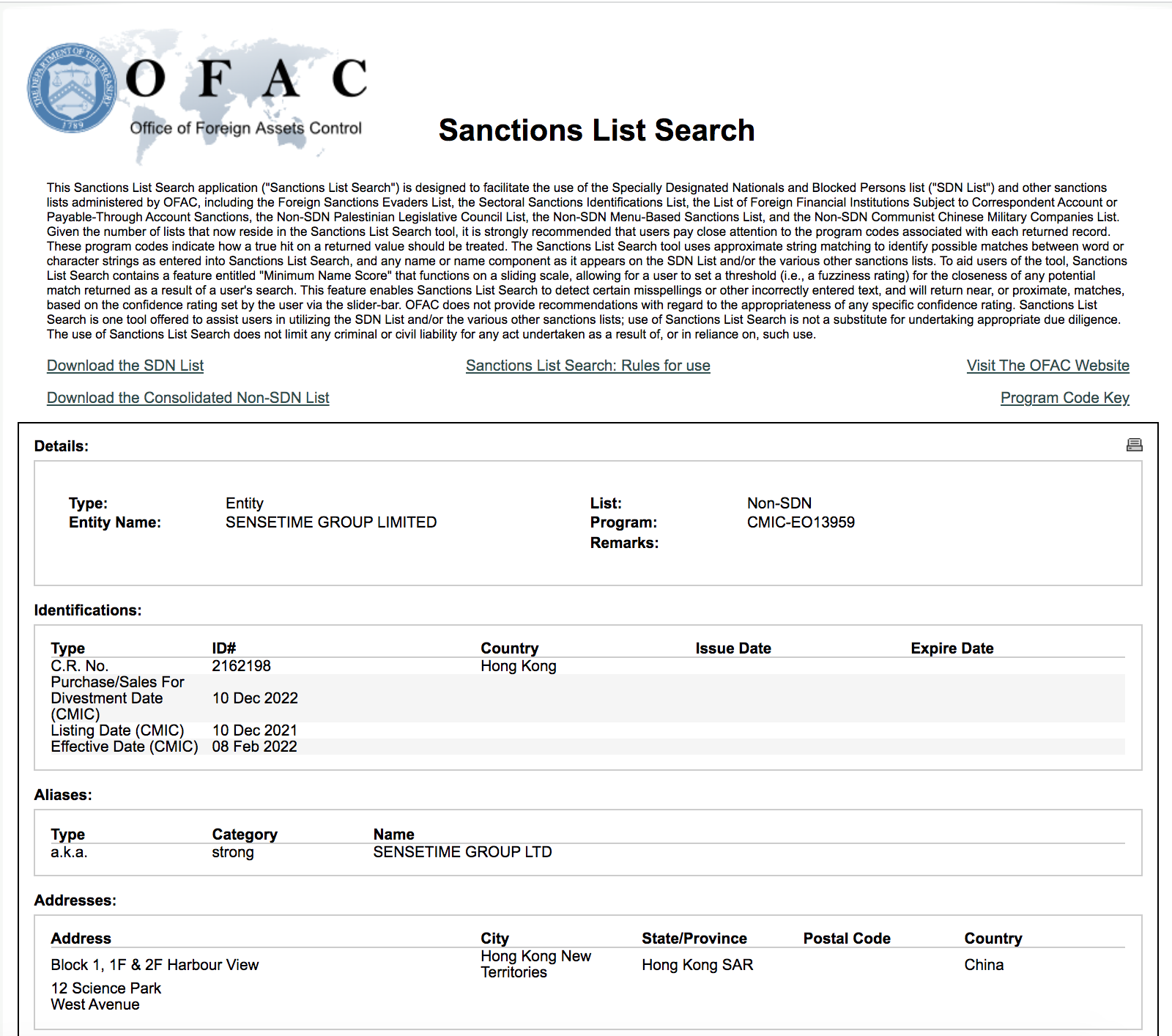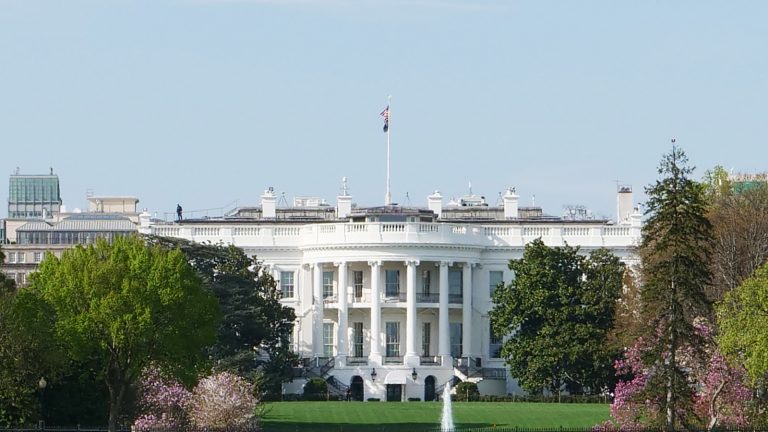On Dec. 10, the White House released a “Joint Statement on the Export Controls and Human Rights Initiative” that commits “to use export control tools to prevent the proliferation of software and other technologies used to enable serious human rights abuses.”
The announcement was made on Human Rights Day, just as Biden’s Summit for Democracy was ending.
According to the statement, “authoritarian governments increasingly are using surveillance tools and other related technologies in connection with serious human rights abuses, both within their countries and across international borders, including in acts of transnational repression to censor political opposition and track dissidents.”
On the same day, the U.S. Treasury added Chinese artificial intelligence company “SenseTime Group Limited”, based in Hong Kong, to a list of “Chinese military-industrial complex companies,” accusing it of developing facial recognition programs that can determine a target’s ethnicity, with a particular focus on identifying ethnic Uyghurs.
As a result, the company will fall under an investment ban for U.S. investors. SenseTime is close to issuing 1.5 billion shares in an initial public offering (IPO). After news of the Treasury restrictions earlier this week, the company began discussing the fate of the planned $767 million offering with Hong Kong’s stock exchange, according to two people with direct knowledge of the matter.

Success
You are now signed up for our newsletter
Success
Check your email to complete sign up
As U.N. experts and rights groups estimated, more than a million people, mainly Uyghurs and members of other Muslim minorities, have been detained in recent years in a vast system of camps in China’s far-west region of Xinjiang.
China denies abuses in Xinjiang, but the U.S. government and many rights groups say Beijing is carrying out genocide there.
According to the Fact Sheet of Export Controls and Human Rights Initiative launched at the Summit for Democracy in July, the United States Government has added to the Commerce Department’s Entity List entities located in the People’s Republic of China (PRC) that have been enabling human rights abuses against Uyghurs, Kazakhs, and other members of Muslim minority groups in Xinjiang, where the PRC continues to commit genocide.
This action prevents the entities from gaining access to U.S. technology.
In mid-October, the United States Government released an interim final rule establishing controls on the export, re-export, or transfer of certain items used for malicious cyber activities. The proposed rule will target custom-made hacking tools, which have legitimate law enforcement and intelligence applications.
U.S. officials are also considering discussing a Defense Department proposal this month to close regulatory loopholes that have allowed Chinese chipmaker SMIC to buy critical U.S. technology, the WSJ reported.
New restrictions have been placed on SMIC exports since September 2020. The United States concluded that SMIC ’s chips may be used by the Chinese military.













